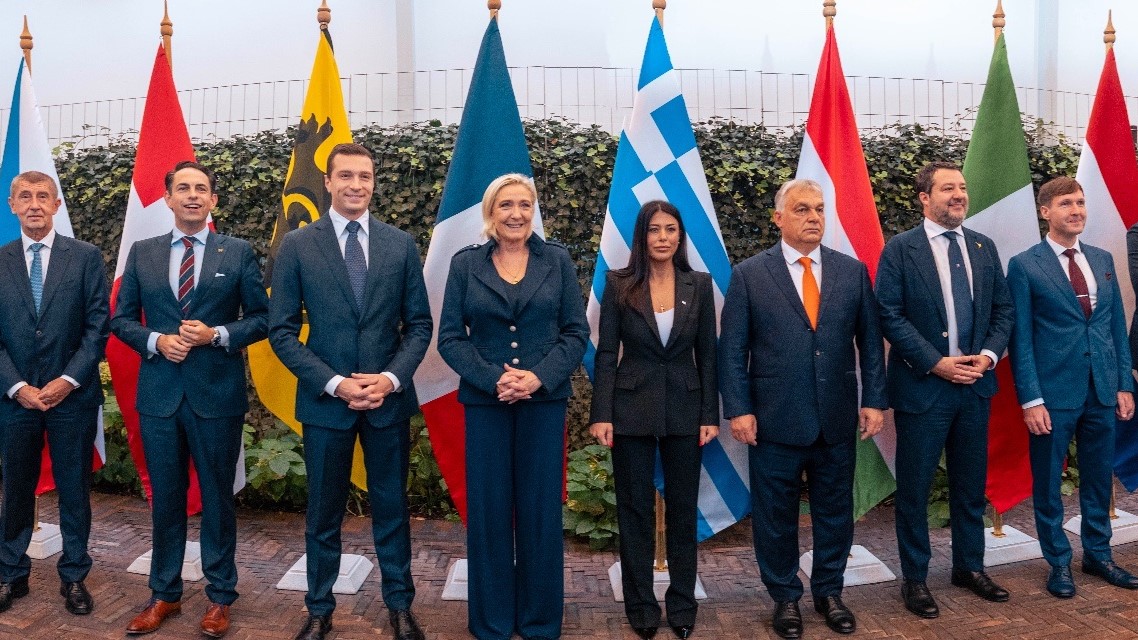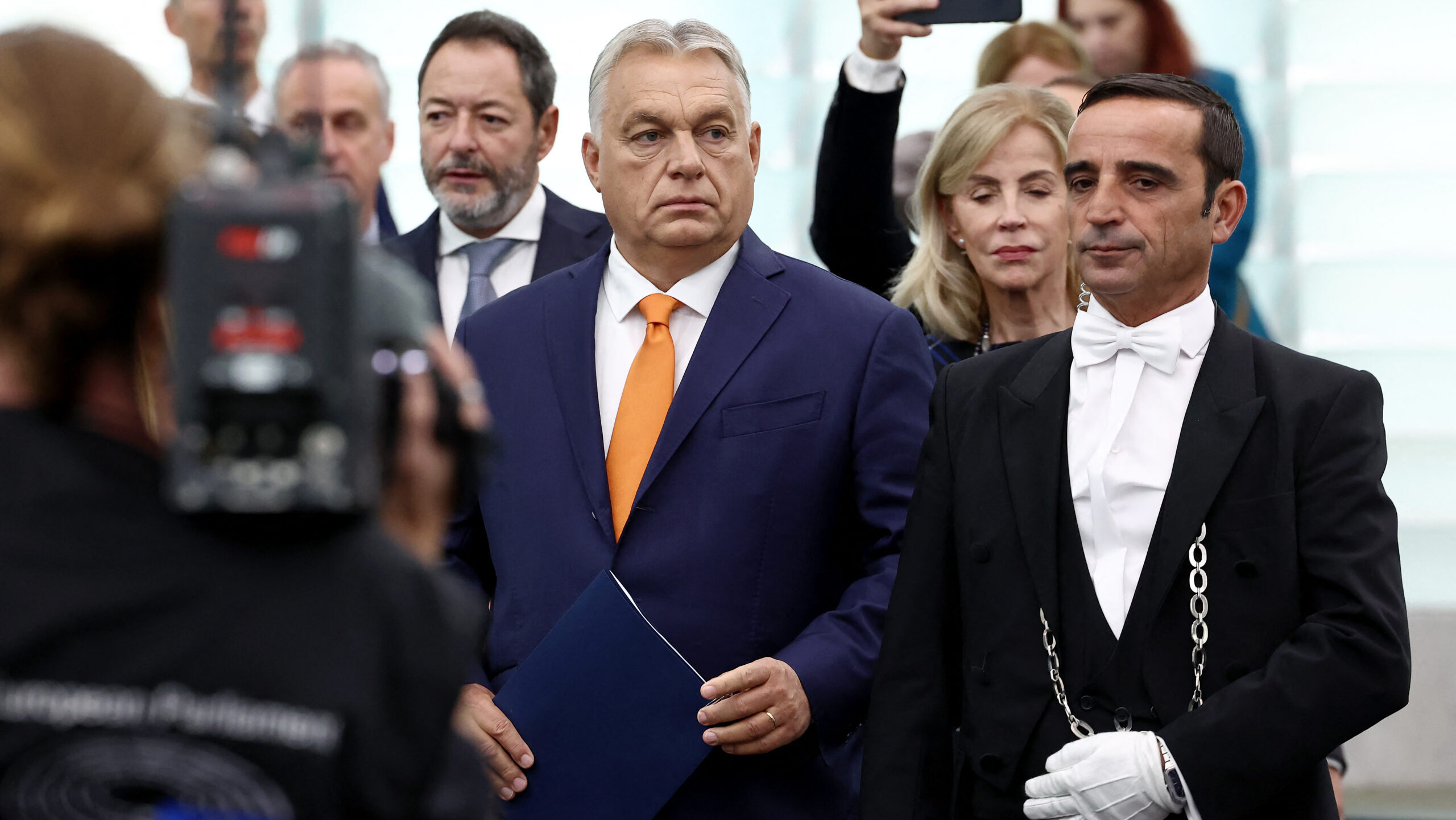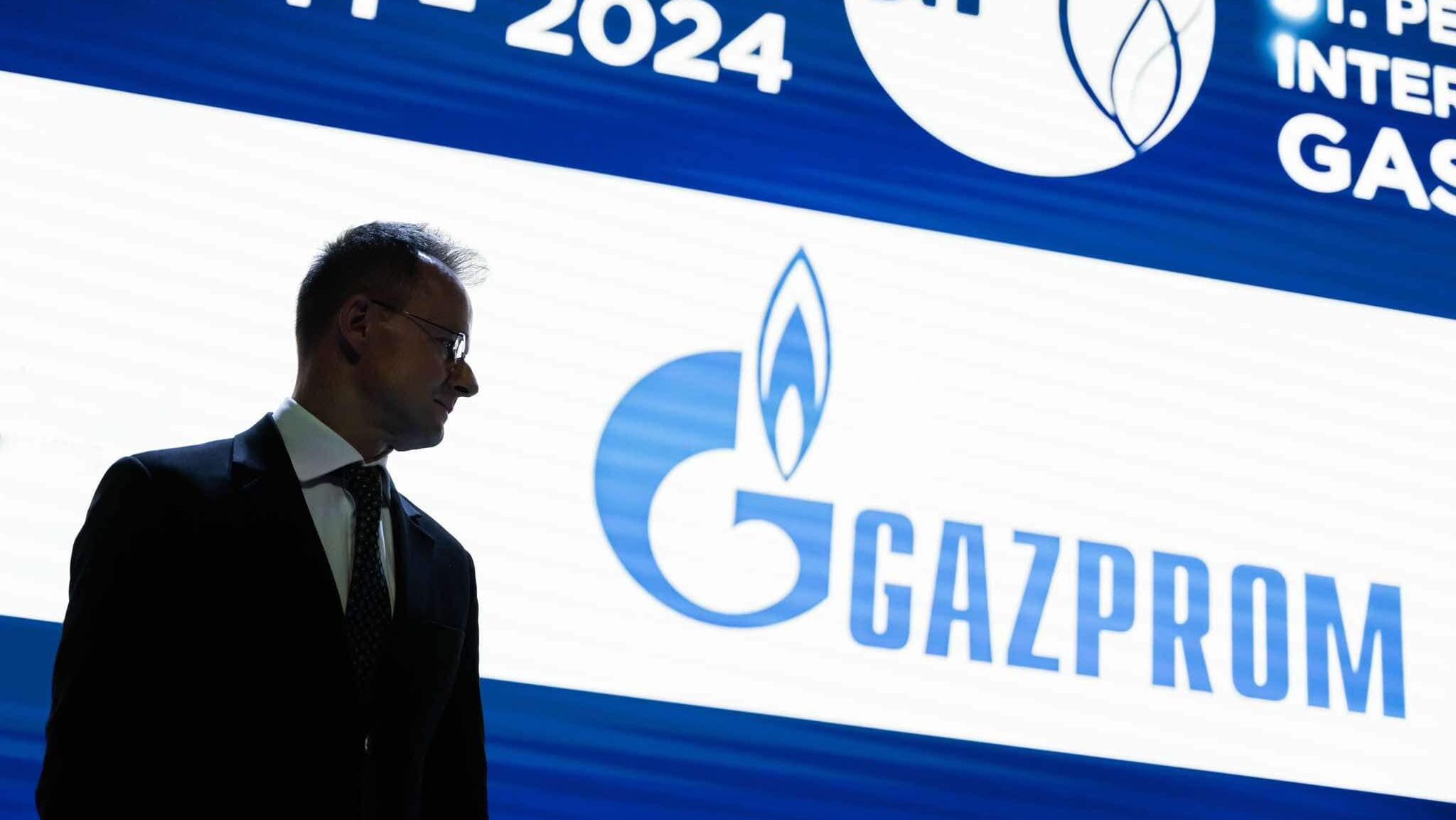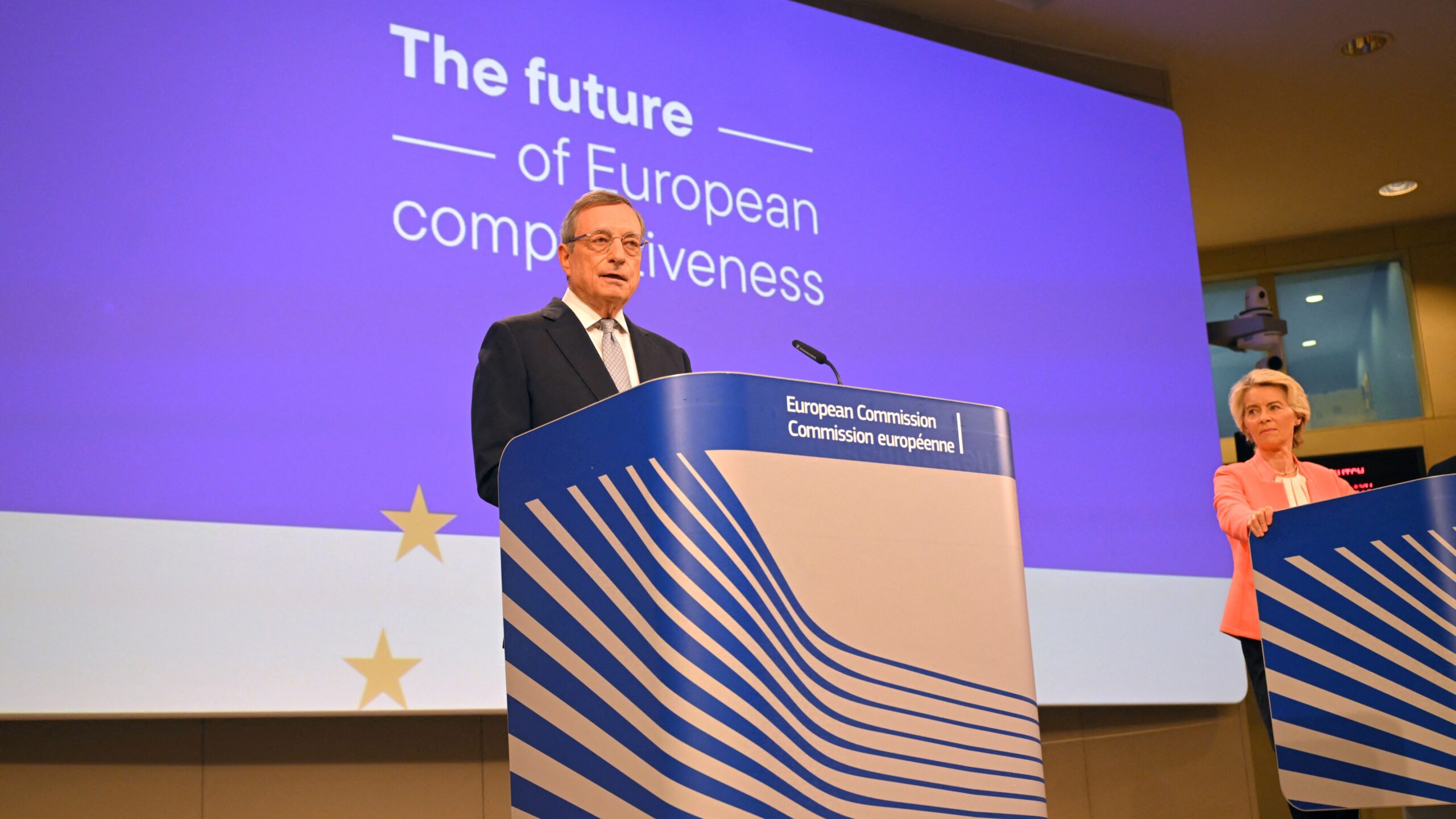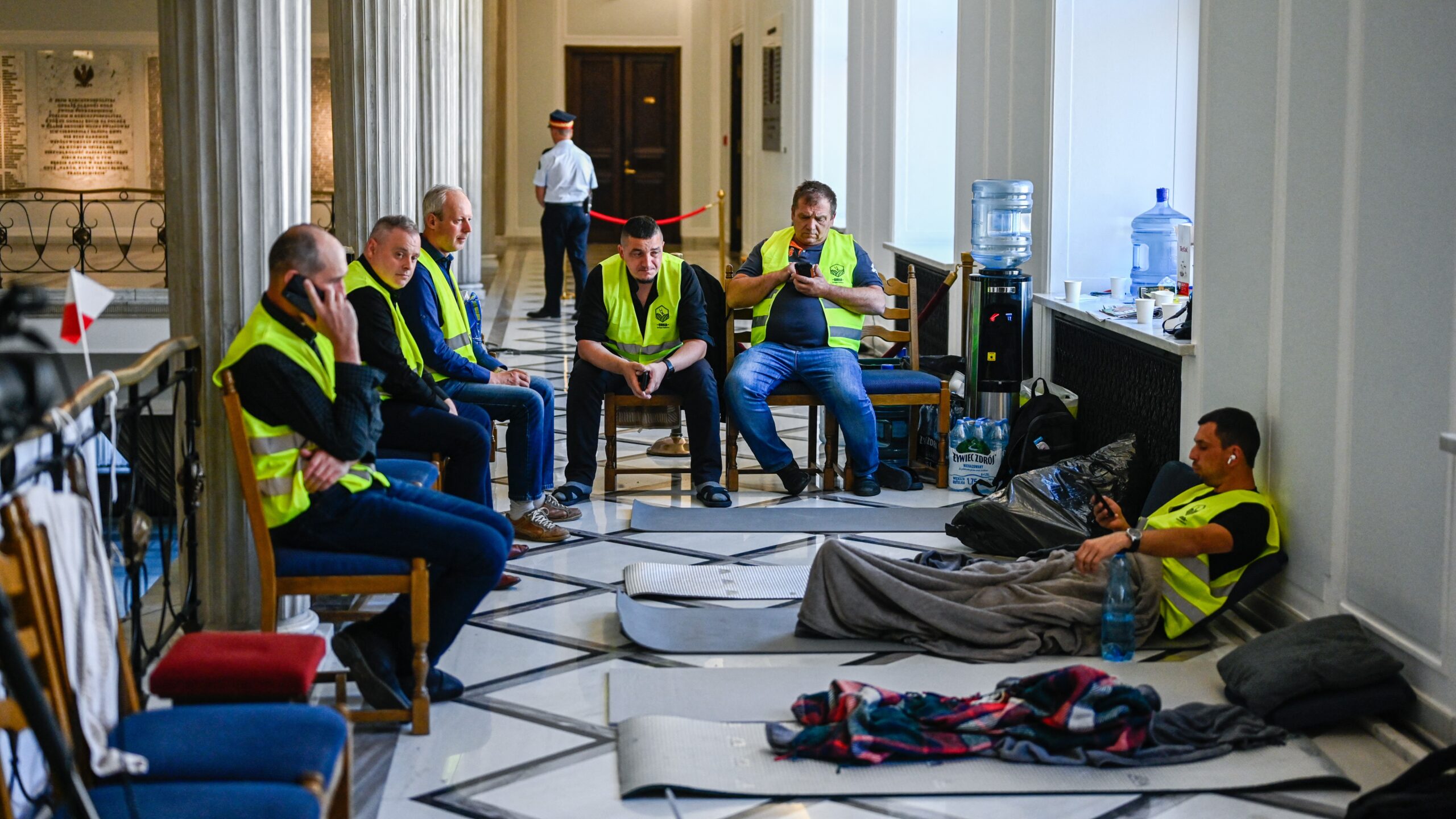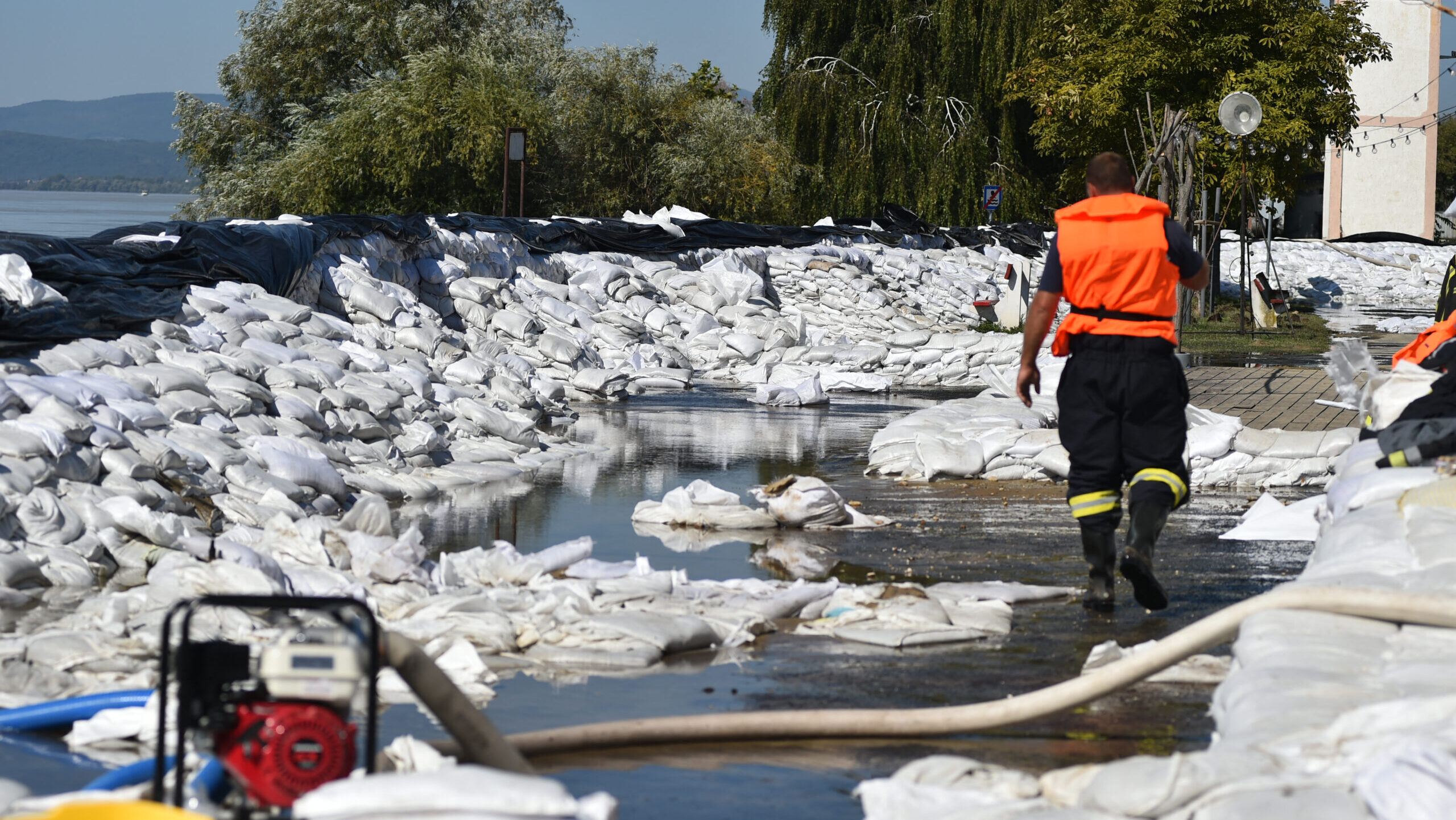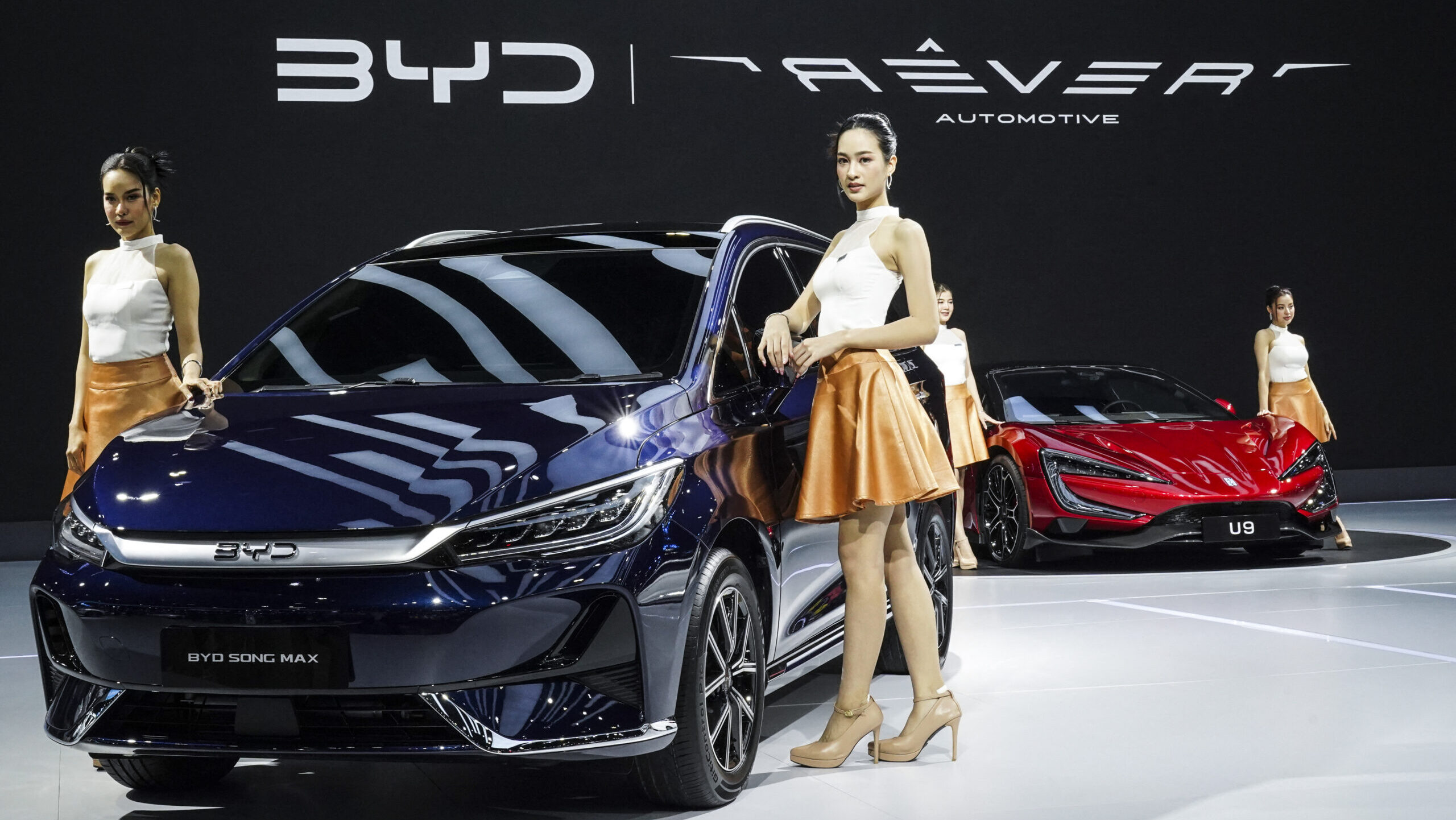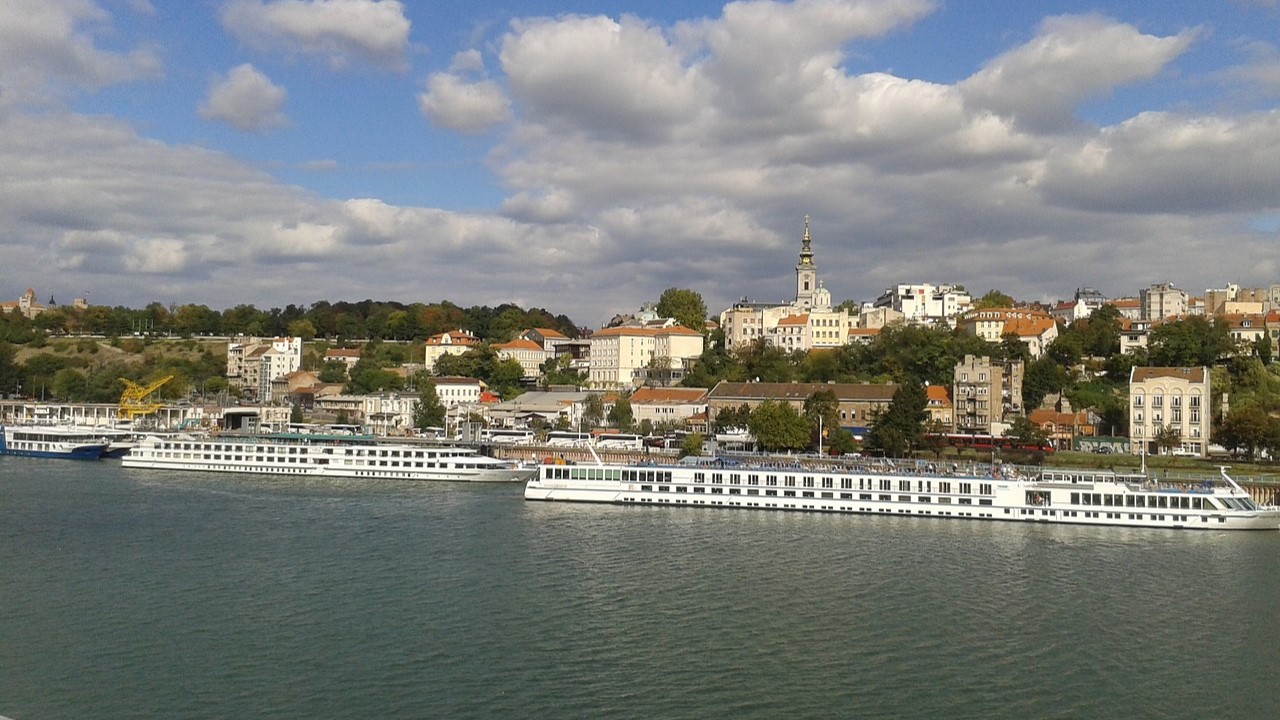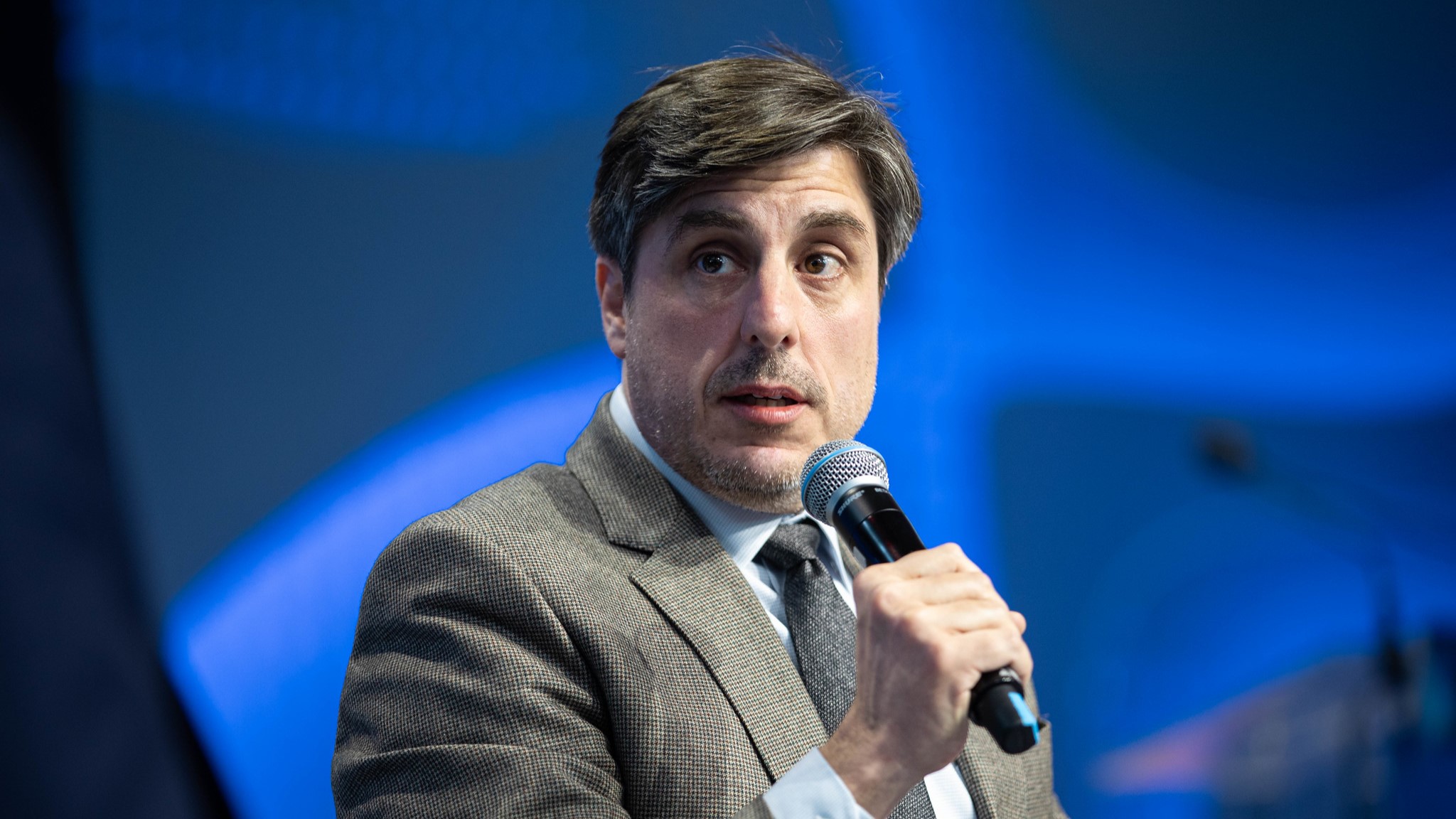
Orbán Represents What Many Europeans Feel, VOX MEP Jorge Martín Frías Says
‘We look at Orbán with admiration for that work, for that capacity of resistance and for understanding that politics is not only a question of numbers, but a question of leading and being prepared for what is happening in Europe,’ Spanish politican and Member of the European Parliament Jorge Martín Frías told Hungarian Conservative in a recent interview.

